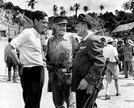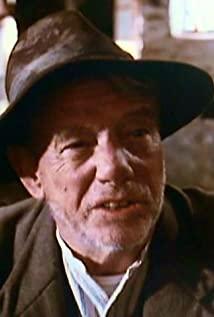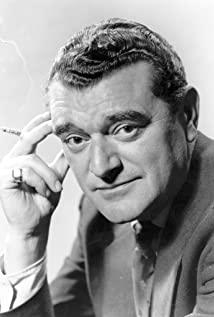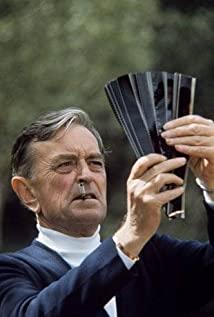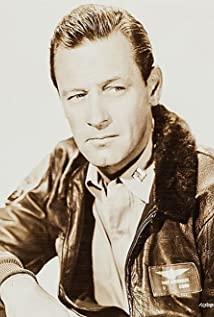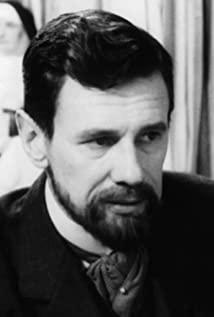Night Reading: A few years ago, I watched the British David Lean's film "The Bridge on the River Kwai". There are rumors that Lean is a very legendary director who can take epic blockbusters out of routine and create surprises and shocking people. the taste comes. I am not particularly impressed with "Lawrence of Arabia", but I am deeply impressed with "The Bridge on the River Kwai". I like this movie very much. The shock it brings to me is unparalleled. Myanmar or Thailand is a Southeast Asian country, I have forgotten, but I was a little unfamiliar with the story in the movie at that time, because so many WWII TV dramas in China are East Asian battlefields, and I know almost nothing about the history of the Pacific War and the Nanyang battlefield. So I was a little confused when I watched "The Bridge on the River Kwai" a few years ago. "The Bridge on the River Kwai" tells about a Japanese prisoner of war camp in Nanyang. The bridge was built to connect to the train, the bridge was eventually blown up by the Allied warriors, and the British prisoner officers who built the bridge desperately prevented the bridge from being bombed. This is a very speculative story, and it is still shocking to look at it decades later.
In addition, the Pacific War can only be known from sporadic foreign films, such as "Pearl Harbor", Clint Eastwood's two "Flags of the Fathers" and "Letter from Iwo Jima" seem to be in this category. Malik's "The Thin Red Line" is also a war movie about the Pacific War. I've forgotten it, I'm not sure, because I didn't understand it.
Today, through reading books, some of the original experience was recalled, and some memories were connected, and I began to understand that the Japanese fought on all fronts in World War II, and the land of invasion was far from China.
And many of the guards in the prisoner of war camp turned out to be Taiwanese, a Japanese colony. Taiwan was ceded to Japan from the Treaty of Shimonoseki. In the past two days, listening to my friends explain Taiwan's history and past and present lives, it was quite shocking. Many things have historical origins, and the problem is far from One or two years can be explained.
The story of Consul Zhuo I read today also touched me very much. Consul Zhuo was an ambassador sent by the Republic of China to a certain place in British Malaysia during the Anti-Japanese War. After being captured by the Japanese, this French student did not accept the Wang Jingwei government. As an official, Jueguo surrendered in Japan and was killed immediately, and his bones were eaten up by wild dogs. Later, he was buried in the Republic of China. After liberation, he disappeared, and even his children dared not admit that he was his descendant. How similar is the story of Mr. Sun Peicang in the original text, this kind of story is really sad. Consul Zhuo was later buried in the tomb of the Nine Martyrs in Nanjing. Today we don't know what this memorial tomb is, and no one will know about it in the future. In the Southeast Asian battlefield, almost all the national troops were in action, and our party was in the rear. Now the battlefield that our party did not participate in is no longer mentioned. The overwhelming TV series are all actions that our party actively participates in...
These things are so frustrating!
View more about The Bridge on the River Kwai reviews





